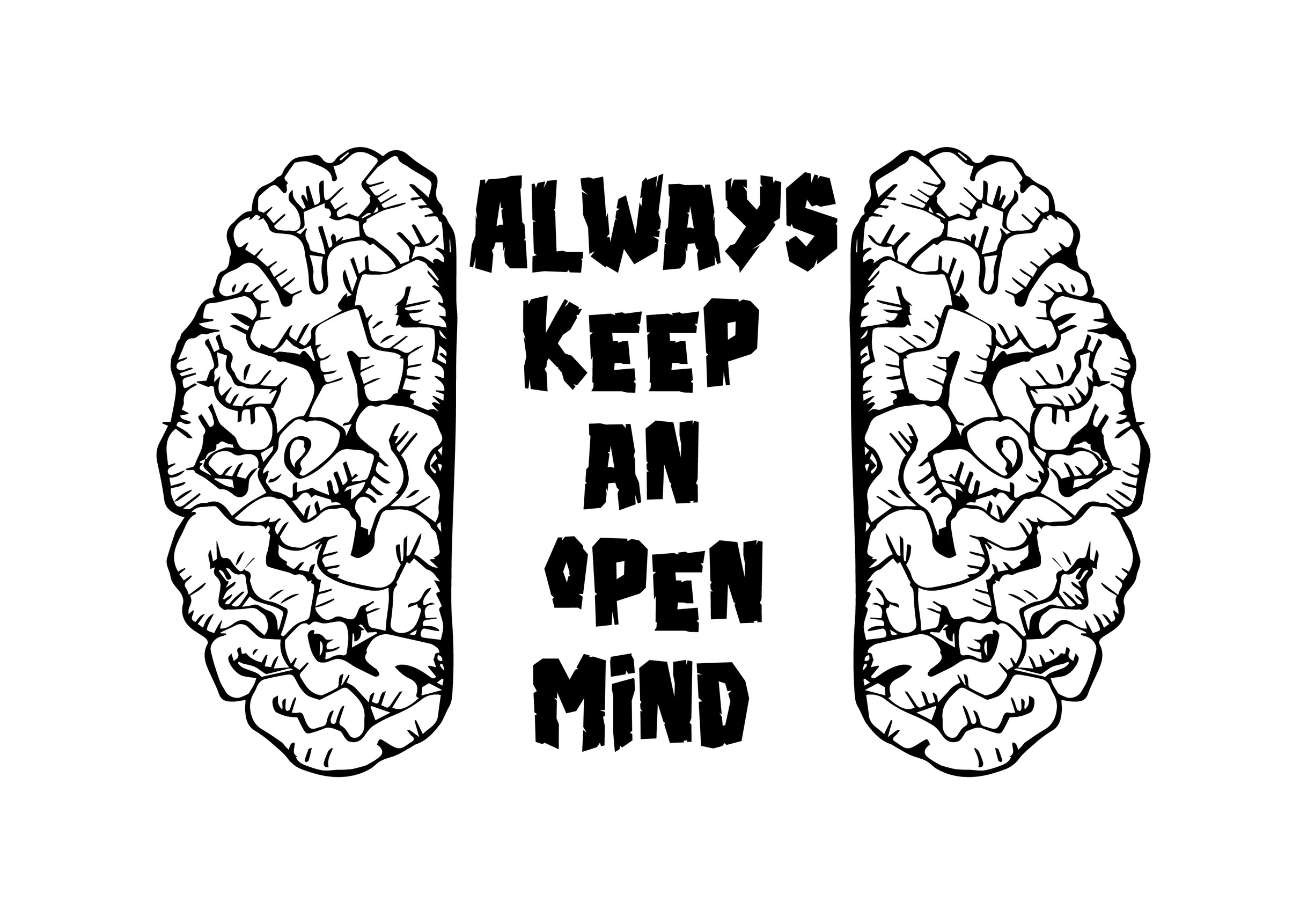
In a world bursting with opinions, knowing who to trust can feel like navigating a maze. Whether you’re making life-changing decisions or simply seeking guidance, finding reliable advice is essential. Yet, with so many voices vying for your attention, it’s easy to get overwhelmed or misled. Learning to trust wisely can save you time, energy, and heartache. This guide will help you identify trustworthy sources and make better choices when seeking advice.
Understanding the Importance of Trust
Trust is the foundation of any good advice. When you trust someone, you’re more likely to take their guidance seriously and apply it effectively. However, misplaced trust can lead to poor decisions and regrets. It’s crucial to recognize that trust isn’t just about personal connections; it’s about credibility, expertise, and integrity. By understanding the value of trust, you can approach advice-seeking with a sharper lens.
Assessing Expertise and Credibility
One of the first steps in finding reliable advice is evaluating someone’s expertise. Do they have experience or qualifications in the area you need guidance? For example, a financial advisor with years of success is likely more trustworthy than a friend who’s simply opinionated. Look for evidence of their knowledge, such as certifications, education, or proven results. Credibility also comes from a track record of honesty and consistency in their advice.
Recognizing Biases and Motives
Everyone has biases, and understanding them is key to filtering advice. Consider why someone is offering their opinion—do they have a hidden agenda or personal stake in your decision? For instance, a salesperson’s advice might lean toward their own interests rather than yours. Similarly, loved ones may be biased by their emotions or experiences. Recognizing these biases helps you evaluate advice more objectively and make decisions that align with your needs.
The Role of Emotional Intelligence

Trust isn’t just about facts; emotions play a significant role too. Someone with strong emotional intelligence can empathize with your situation and offer advice that resonates with your unique circumstances. Pay attention to how they communicate—do they listen carefully and provide thoughtful feedback? Emotional intelligence ensures that advice is not only logical but also compassionate and relevant. This balance of intellect and empathy is a hallmark of trustworthy advisors.
Seeking Multiple Perspectives
Relying on a single source of advice can limit your options and understanding. It’s wise to consult multiple perspectives to gain a well-rounded view of your situation. For example, when buying a house, you might talk to a realtor, a financial advisor, and a homeowner to get different insights. Comparing advice helps you identify common themes and spot potential red flags. This approach ensures you’re making informed, balanced decisions.
Trusting Your Own Judgment
While seeking advice is valuable, don’t underestimate the power of your own intuition. You are the ultimate expert on your life, and no one understands your goals, values, and dreams better than you. Use external advice as a guide, but trust yourself to make the final call. If something doesn’t feel right, it’s okay to question or reject the advice. Building confidence in your judgment is an essential part of wise decision-making.
Avoiding Information Overload

In today’s digital age, we’re bombarded with advice from every corner of the internet. Too much information can lead to analysis paralysis, making it harder to take action. To avoid this, prioritize quality over quantity when seeking advice. Stick to trusted sources and avoid diving too deep into endless opinions. Simplifying your information intake ensures you stay focused and make decisions without unnecessary stress.
The Value of Asking Questions
Asking the right questions can help you evaluate the quality of advice you receive. Don’t be afraid to dig deeper by seeking clarification or examples. For instance, if someone suggests a financial strategy, ask about the risks and alternatives. Good advisors welcome questions and provide thoughtful answers. This active engagement helps you better understand the advice and determine its relevance to your situation.
Building Long-Term Relationships with Trusted Advisors
Finding reliable advice isn’t just about one-off interactions; it’s about cultivating relationships with people you trust. Whether it’s a mentor, coach, or friend, having someone who consistently provides sound guidance can be invaluable. Building trust takes time, so nurture these relationships by being open, honest, and appreciative. Over time, these trusted advisors become a go-to resource for navigating life’s challenges.
Learning from Past Experiences
Reflecting on past decisions can offer valuable lessons about trust and advice. Consider times when you followed good advice and when you didn’t—what made the difference? Identifying patterns helps you refine your criteria for choosing trustworthy sources. Learning from experience allows you to approach future advice with greater clarity and confidence. It’s an ongoing process that strengthens your ability to trust wisely.
Recognizing Red Flags in Advice
Not all advice is created equal, and knowing when to walk away is just as important as knowing whom to trust. Watch out for red flags like overly confident claims, lack of evidence, or pressure to act quickly. Advisors who dismiss your concerns or fail to explain their reasoning may not have your best interests at heart. Trustworthy advice should empower you, not manipulate you.
Leveraging Technology for Reliable Advice
Technology offers tools to connect with experts and verify information. Platforms like LinkedIn can help you assess an advisor’s credentials, while review sites provide feedback from others who’ve sought their advice. However, be cautious of online sources that lack credibility or transparency. Using technology wisely can enhance your ability to find reliable advice while avoiding misinformation.
Staying Open-Minded but Critical

Approaching advice with an open mind doesn’t mean accepting everything at face value. Healthy skepticism allows you to question advice without dismissing it entirely. Look for evidence, consider alternative viewpoints, and weigh the pros and cons. Being open-minded yet critical ensures you make well-informed decisions. It’s a balance that leads to trust built on merit, not assumptions.
Balancing Logic and Intuition
Trusting wisely involves finding harmony between logic and intuition. While data and facts are important, your gut feelings can provide valuable insights too. For instance, if an advisor’s suggestion doesn’t align with your values, it’s okay to explore other options. Balancing these elements helps you make decisions that feel both rational and authentic. It’s about finding the sweet spot between your head and your heart.
Teaching Others to Trust Wisely
Once you’ve mastered the art of trusting wisely, share your knowledge with others. Guiding friends, family, or colleagues in finding reliable advice can strengthen their decision-making skills. Discuss your process and encourage them to ask questions and seek multiple perspectives. Empowering others creates a ripple effect of better advice-seeking habits. Together, you can foster a culture of trust and informed choices.

Latrice is a dedicated professional with a rich background in social work, complemented by an Associate Degree in the field. Her journey has been uniquely shaped by the rewarding experience of being a stay-at-home mom to her two children, aged 13 and 5. This role has not only been a testament to her commitment to family but has also provided her with invaluable life lessons and insights.
As a mother, Latrice has embraced the opportunity to educate her children on essential life skills, with a special focus on financial literacy, the nuances of life, and the importance of inner peace.
